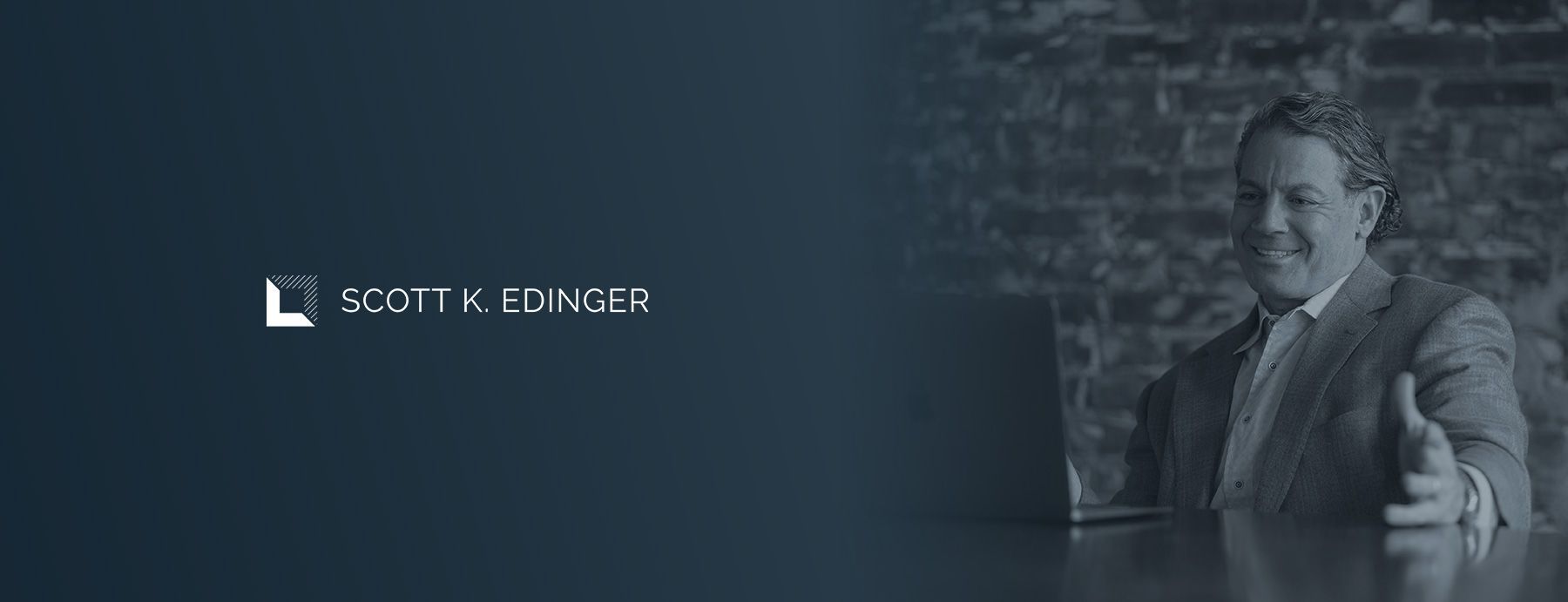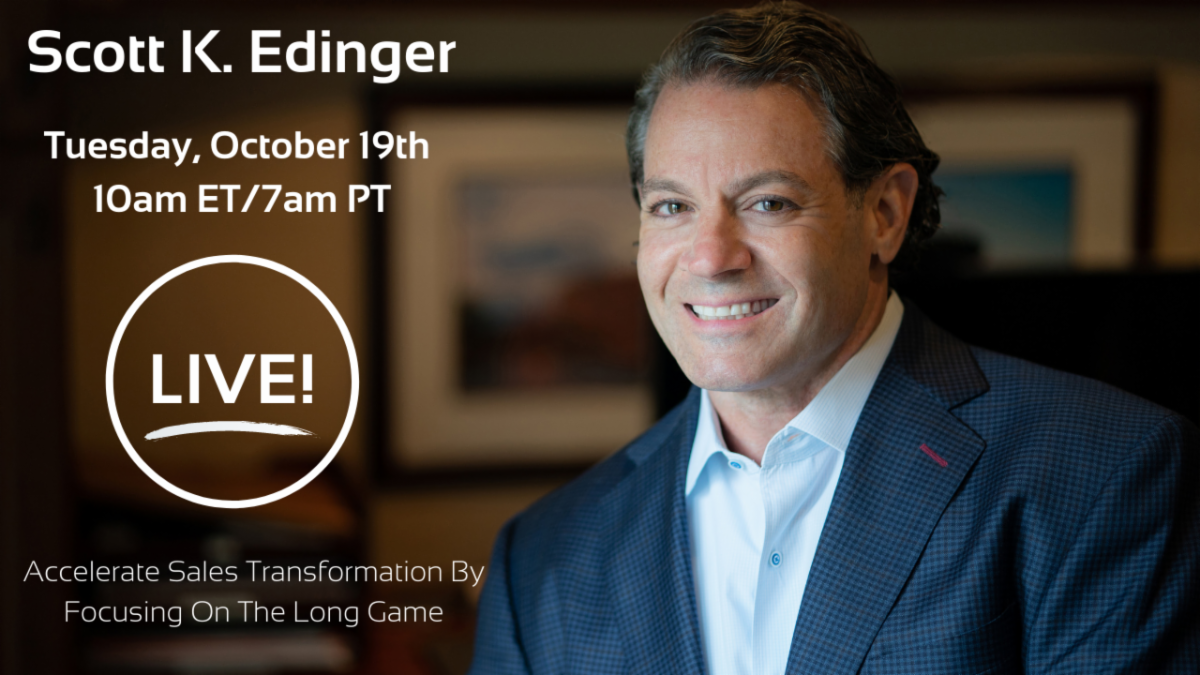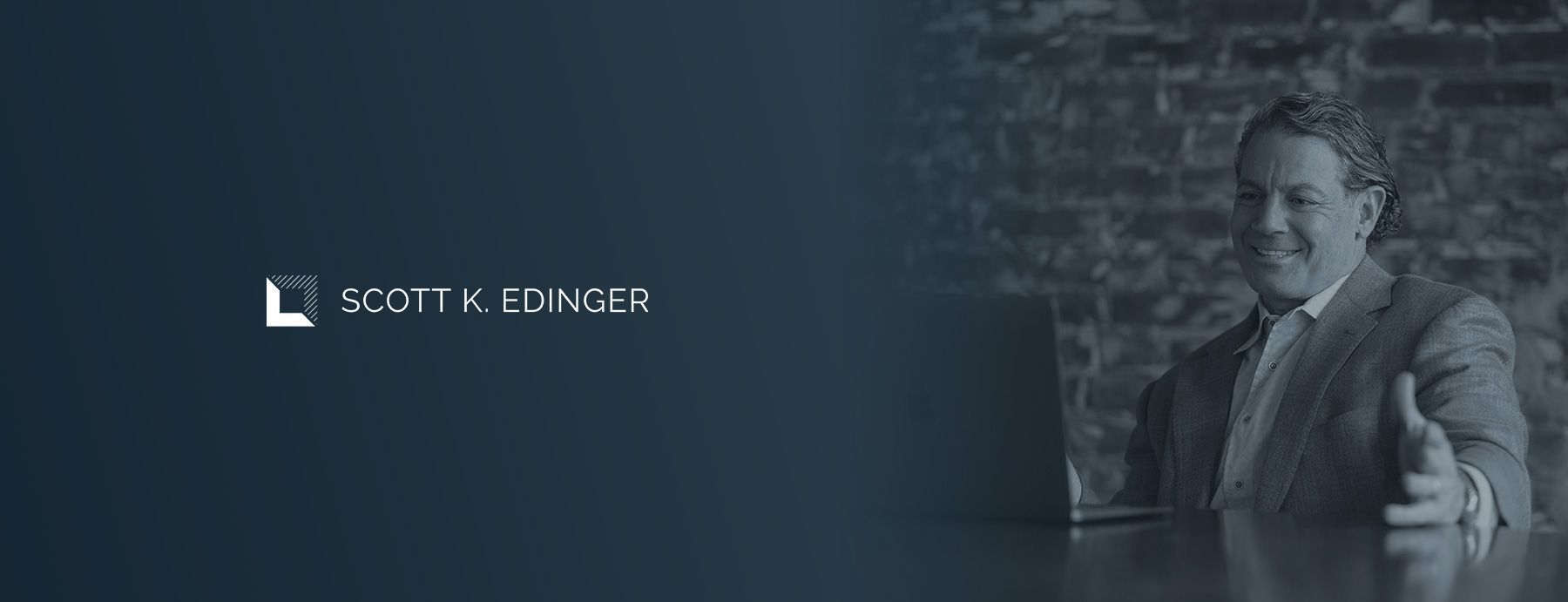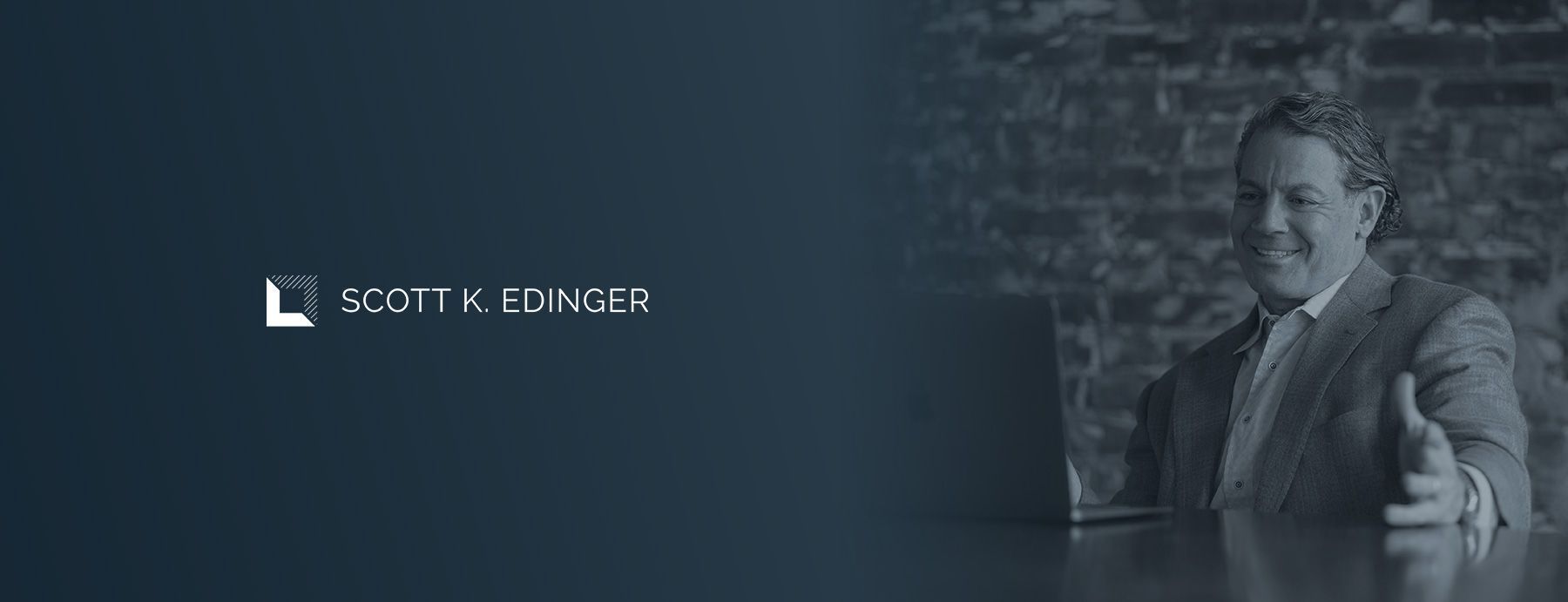
October 14, 2021
Good Leaders Know You Can’t Fight Reality
Something very cool happened for me this week. An article I wrote, on a topic I care deeply about, struck a chord with people around the world.
My latest article for Harvard Business Review was #1 on the most popular list and among the most read this week. While I’m personally proud of the article’s success, it’s also an indication of the relevance of the topic.
The article is important to me, and the concept has been a long time in the making.
For years I’ve struggled with the idea of acceptance, particularly about things which seem unacceptable. Without going too deep into my personal history, I’ll just share that my early life circumstances were extremely traumatic, even considered unacceptable. In therapy, I stumbled upon this idea of Radical Acceptance. I don’t particularly like the term (think Zen), but it resonated with me, even though it is extremely difficult.
Over time, I began to notice how important acceptance is for strong leadership. Specifically, at the root of many bad leadership decisions is an unwillingness to accept reality. As a result, I’ve seen a spectrum of poor behavior by leaders - aggression, avoidance, tantrums, yelling, and shutting people out. All these situations are easily traced to a leader who couldn’t accept the situation, an outcome, or people as they are.
It’s easy to confuse this idea of acceptance with what it is not. It unequivocally does not mean that one must accept everything as is and that change is not possible. It isn’t blind approval, and it doesn’t mean being resistant to change. It simply recognizes that fighting with or rejecting reality won’t change it. That just squanders time, effort, energy and focus that can be harnessed for leading productive change. In the article, I quote Carl Jung “We cannot change anything until we accept it. Condemnation does not liberate, it oppresses.”
In the article there was no room, nor was it the appropriate forum, to share context or personal background. But in this newsletter, I wanted to take a moment to share that context with you, I hope you find it to be valuable.
Read the full article here: Good Leaders Know You Can’t Fight Reality.
Recapturing the Meaning of Strategy
I was in a working session where someone quipped “What is our strategy for getting lunch today?” At that moment, I thought the term had reached a new low. It got me thinking about the meaning (or lack of meaning) of the word “strategy.” In business we have overused the word and diluted its meaning so much it’s nearly lost its meaning entirely.
But it's important, because if you don’t know what it is, then how can you make it useful for your business? I like this succinct definition of strategy from the book Top Management Strategy by Tregoe and Zimmerman; “The framework which guides those choices that determine the nature and direction of an organization. “
So, a good strategy must address the critical questions that guide the choices you make, which ultimately determine the direction of your business. There are five questions that, if answered thoughtfully, will amplify your ability to develop and execute your strategy.
How do you define success?- What is your power play (your advantage or competitive differentiation)?
- Who will value your power play?
- How does your sales experience create exceptional value?
- Where must we improve, build, or acquire?
My forthcoming book, The Butterfly Effect, dives into these five questions and provides a framework for how to be more intentional about the strategy that guides your business. Stay tuned for its release in 2022!
LinkedIn Live
We encountered some technical difficulties on Tuesday and had to cancel the livestream. I now have a new camera and lighting ready to go which will make for an even better livestream event. Join me on Tuesday, October 19th where we will be discussing how to accelerate sales transformation by focusing on the long game.

Current Read:
How to Be Mindful While Reading
Do you find yourself randomly cramming in bits of time to read throughout the day? It’s an easy habit to get into. I recently came upon this article about how to be more mindful when reading. The author gave some valuable tips for mindful reading, such as scheduling a time for focused reading, picking something that will engage you, and reading in print instead of online. These tactics can transform your reading time from skimming and multi-tasking to more intention and presence. Learn more about mindful reading here.
Quotable

Subscribe to Edinger's Insights Newsletter
Edinger’s Insights is packed with strategies and ideas to lead business growth.*
*Scott will never share your contact information
EdingerInsights_SignUp
Thank you for subscribing.
Please try again later.


